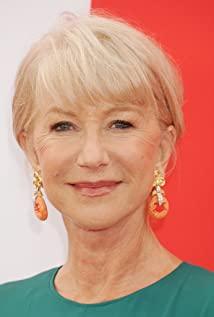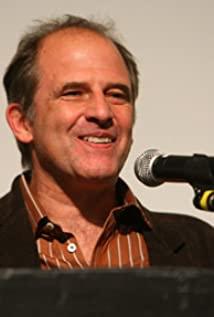Tolstoy in his later years, like Mao Zedong in his later years, no longer belonged to him, but was pushed to "all mankind" by his disciples: his works, his thoughts, his ideas, and his copyright , All belong to all mankind!
When the group of disciples turned him into a kind of "ism", they also expanded "ideal" into ambition, twisted "freedom" into dogma, and transformed "love" into possession and utilization. .
Gradually, the man who used to write love poems to his wife began to despise that she would only disturb his work, would only prevent him from giving up his wealth, and would only prevent him from becoming that great, noble, selfless, and desireless. Yes, the saint who abandoned the small family to protect everyone for the well-being of all mankind.
His wife Sophia was notorious for being "selfish, greedy, petty, mean..." because she asked her husband to leave property to her children, because she played the drama queen's bad temper in front of others, because she hated those who haunt her husband. The guy who poured him the sage ecstasy by his side.
Until his death, this dry and weak old man realized that he was actually unable to hold up the saint's armor. His last nostalgia is not a great cause for all mankind, but the old woman who has accompanied him through 48 years, nagging, willful, and ignorant of the generality.
At this time, his daughter and disciples tried their best to prevent Sophia from visiting his dying husband, because they wanted him to "die simple and noble", just like a true revolutionary leader.
History has proven that mankind has a wonderful ability to do things that are completely anti-human under the banner of "for all mankind."
At the end of the film, facing the banner of "all mankind", the revolutionary young Valentine Valentin said angrily: "I have not seen all mankind, only imperfect men and women!"
Yes, we have never seen all of us. Humans, just too often see the imperfections of all mankind.
View more about The Last Station reviews











